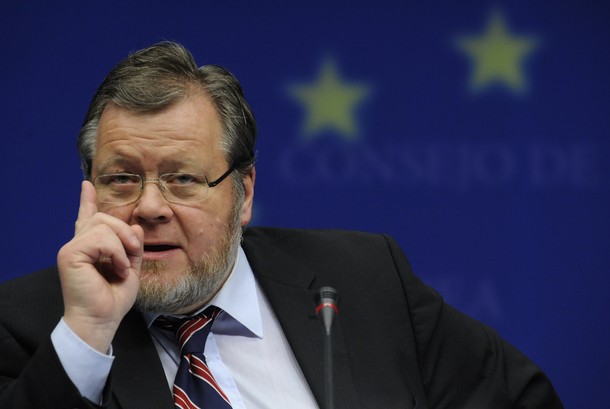
From Vera Knútsdóttir, the Guardian: Formal talks on Iceland’s accession to the European Union started on 27 July, spurring heated debates between the pro-EU and anti-EU camps. Some of the more optimistic EU advocates believe that once Iceland joins the EU there will be no need for Iceland to stay in Nato. …
These optimists are unhappy with US policies in the Middle East and Nato operations in Afghanistan and the war in Iraq. Their belief is that ending security agreements with the US and ending the long-standing alliance between the two countries would better serve Iceland’s security interests. …
Even if Iceland joins the EU it is within its interest to remain a member of Nato. Iceland has no military (nor any interest in having one) and has agreements with Nato, a bilateral defence agreement with the US and arrangements with the Nordic countries, as well as Britain and France, on defending the Icelandic air space and on joint exercises.
Under these agreements, Nato is bound to send fighter aircraft units three times a year to defend Icelandic air space. The system and facilities used for the defence and observation of Icelandic air space and mutual alliance air space around Iceland were funded, developed and deployed by Nato.
Withdrawing from Nato would pose enormous costs for Iceland to replace and/or buy these systems and facilities. The government would have a hard time rationalising such costs, especially considering the health of the Icelandic economy. It would also be a political blow to the long-standing partnership between Iceland and the United States; after all, the reasons to leave Nato would be political and directly related to unhappiness with US policies. …
Nato is not above criticism and many things could be better within the alliance. But let’s face it: Nato is the most qualified multilateral institution to provide for European security. The EU is struggling with the most recent enlargements and integration processes and sometimes it appears to be falling apart. (photo: Getty)
Image: getty%208%2021%2010%20Iceland%20Foreign%20Minister.jpg
